Keep Your Eyes Open
I have a 11-year-old. I’m not telling you that fact as much as I’m trying to convince myself.
My husband and I have always struggled with when to transition to the “older” kid gifts. Like, when should I stop buying her things for her American Girl doll? When will she be ok with getting clothes instead of toys at her birthday?
We always try to be very intentional with our gifts. We want our children to know that we thought about what they would enjoy, but also get gifts that may challenge their interests. We want them to try new things.
We do try to get at least one of their requested items, at least, as long as it isn’t a $200 Lego set our son has been eyeballing. So last Christmas, when our oldest only requested a Fit Bit, we realized it was time to bite the bullet. We know that most kids her age are beginning to have their own digital footprints, and she would start doing more school work online, so we decided to start a slow transition into the digital world.
What I thought was simply a fitness tracker ended up being an introductory smart watch. And my husband and I found ourselves stepping into a parenting realm we thought was a few years away. And now, with her regular use of a laptop at school and home, we are really working hard to stay on top of her exposure.
Luckily, though a “smart” watch, the thing was pretty basic. The only messaging feature has to be between users with the same watch. It doesn’t have the capabilities to call or even access the internet. But it was still important for me to know if she was really ready for a digital presence.
Protect Young Eyes (www.protectyoungeyes.com) is an organization that has as its mission to protect young eyes (pretty clever, no?) Their goal is to create safer spaces for our kids to enjoy online, and they had some pretty good tips about knowing when your child is ready for life online.
Are their IRL (in real life) relationships full of drama? If the answer is yes, then they probably aren’t ready for online friendships. Drama and tension are often only escalated when there is a screen to hide behind. If your kids are struggling with the friendships they have at school, it isn’t wise to look for friendships on the internet.
In addition, how does your child interact with adults? Can they carry on a conversation with a non-parental adult? Are they confident enough to make eye contact during a conversation? Will they order their own food at a restaurant? If you child has the maturity and skill for in-person communication, then that is a good sign they may be ready for social media.
What about sneakiness? Is your child sneaky, or do they regularly break rules and push boundaries? Do you have enough trust and faith in them to leave them home alone for an hour or two? If they can’t respect the rules you have in the house, it’s incredibly likely they won’t respect the rules you have online. And if you don’t feel they can be left unsupervised in person, they certainly don’t need to be left unsupervised online.
What kind of conversations have you had with your child? Do they know the dangers of online predators and grooming? Can they identify red flags in conversations? Do they know what they should do if someone asks for a picture or sends an online gift or asks to meet up? As outlandish as it sounds, if you can’t talk to your child about the dangers of sex trafficking, pornography or texting because you think they are “too young,” then they are certainly too young to venture into life online. Social media and the online world is literally a playground for those trying to take advantage of young kids.
If you are ready to have a “what if” conversation with your kids, and talk about the hard things like sexual exploitation, and if they are able to act maturely during the conversation, then they may be ready for social media. Walk with them through different scenarios and see how they respond.
Additionally, don’t be afraid to monitor their life online. Their safety is much more important than their privacy. There are several really great monitoring apps that allow parents to control what apps can be used, set time limits on specific usage, check internet browsing and YouTube history, and even if need be monitor outgoing and incoming text messages.
Their safety is much more important than their privacy.
But even if you decide again a monitoring app (the more advanced features come at a cost that you simply might not have available), put boundaries in place. Limit their time online, and the devices they have that can take them online. Require permission before any new app is installed. Designate certain areas of your house as “tech-free” and “tech-only.” Make sure the “tech-only” areas are common areas like the kitchen, living room or dining room. And I’d argue that bedrooms should be internet and, really, outside of something to play music, tech free (don’t get me started on the negative effects of having a TV in a bedroom).
Most online social media platforms require a minimum age of 13. But there is no way to really check ages. And if your kids lie about their age to get online, who else is lying about their age?
It’s a scary world out there. And now with more students than ever with laptops for virtual school and the internet is in the palm of their hands, I encourage you to have these conversations with your kids and grandkids. Make sure they are ready for the responsibility of life online. It’s our job to make sure they are ready for life off- and on-line.

